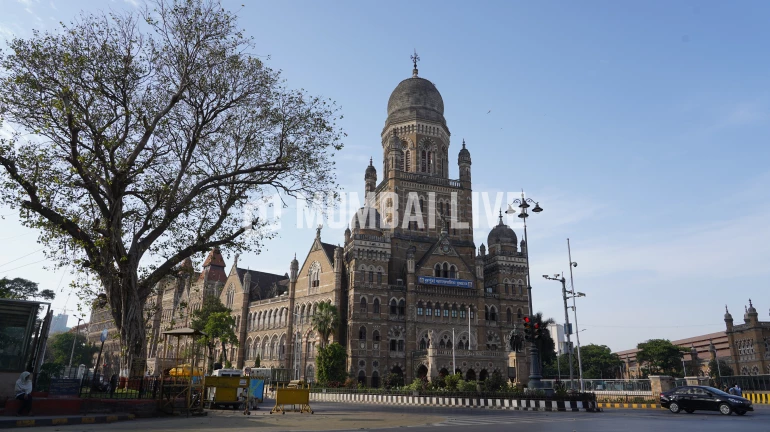
A new report by the Praja Foundation has revealed a concerning decline in tax revenues for municipal bodies in Maharashtra, particularly following the removal of octroi. The report outlines how this drop in revenue has impacted the financial health of major cities, despite temporary relief from Goods and Services Tax (GST) compensation provided by the state government.
Property Tax Collections and GST Compensation
Milind Mhaske, CEO of Praja Foundation, pointed out that while GST compensation has provided some relief to Mumbai, it is not a long-term solution.He further highlighted that there is no legal obligation for the state to continue this compensation unless recommendations from the state Finance Commission are put in place. According to the report, the root of the financial concern lies in the significant drop in property tax collections across Mumbai and other cities.
Over the past seven to eight years, there has been a steady decline in property tax revenue, which Mhaske noted has nationwide implications. A decade ago, property and non-tax revenues contributed 43% to local governments’ total revenue; today, that figure has plummeted to 34%. This drop in revenue has not only impacted Mumbai but also major cities across India, raising alarms about the overall sustainability of municipal finances.
National Decline in Tax Revenue
Despite these challenges, the report shows that Mumbai is faring slightly better than other major cities in India. However, Mhaske was cautious in his praise, describing Mumbai as "the best among the worst." The city's relative success is attributed to its established culture of tax compliance among residents and the efficiency of the Brihanmumbai Municipal Corporation (BMC), which has a strong legacy of effective tax collection. While Mumbai has managed a modest growth of 0.5% in property tax collections, other cities such as Ahmedabad, Bengaluru, Chennai, Delhi, Hyderabad, Jaipur, and Kolkata have seen negative growth, registering an overall decline of -0.65%. This stark contrast paints a bleak picture of the state of tax revenue collection in urban India.
Systemic Reforms
To address this decline, Mhaske called for systemic reforms across the country. He proposed a formula-based GST compensation system that would ensure funds flow directly to city governments, thus creating a more reliable financial base for municipalities. In addition, Mhaske emphasized the need for state governments to strengthen tax collection processes, ensure municipal bodies are adequately staffed, and encourage greater tax compliance among citizens. Mhaske warned that without significant reforms, cities across India would continue to face financial hardships. He further stressed that encouraging tax compliance is not only about generating revenue—it also empowers citizens to demand better services and enhances the democratic governance of cities.





